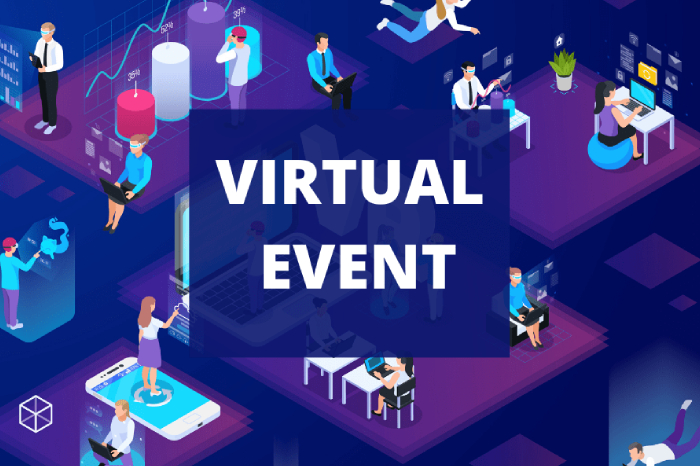For the time being, virtual events are the only option in the events industry because to the COVID-19 epidemic. However, many people do not know the area, and this adds to the confusion. To guarantee success, event specialists are creating new positions.
COVID-19 outbreak has interfered with precisely planned 2020 actions and objectives. Virtual events appear to be the only practical alternative for events that are limited by travel, lockout, and unpredictable recovery periods.
Planning and production methods for virtual and live events are almost always fundamentally different, requiring event planners to learn new skill sets.
What’s Trending Now?
Just recently, we researched event planner/coordinator job ads.
Advertingly, employment ads from Apple, Samsung, and Lowe’s demonstrated minimal variance in the job qualifications (communication, budgeting, organization, time management, etc.).
The fact that huge firms are betting on the return of normalcy for live events indicates that they will give their employees with tools to assist them with virtual events in the near future.
The digital experience also includes video and interactive materials, all of which are crucial to the success of a virtual space. In certain cases, job descriptions required a specific knowledge of online event management.
Additionally, we uncovered a few virtual event planning-specific possibilities. Popular job titles included virtual event/webinar technology managers and streaming event hosts.
Additionally, we investigated relevant LinkedIn groups for event planners concerned about how their virtual transition may transfer into new career prospects. Most event planners needed support with technical platform and product concerns, although a tiny fraction requested aid with staging virtual events. Additionally, numerous requests requested Zoom, best practices, and support. Read More
New roles are being created:
Few thoughts from Ms. Mariana Joseph from Techfetch RPO (https://rpo.techfetch.com/), the US-based recruitment process outsourcing company about the new roles in Virtual Event Planning:
If you take a look at the job adverts, you’ll find that it’s far more likely that virtualization will call for advanced technical competence.
Virtual events often may almost be handled by event planners and their typical partners, but there are others, especially for smaller teams, that require more specialist partners.
Before, we talked about the rise of event technologists, who plan and implement their company’s strategy for event-specific information technology.
Virtual event technology will be obtained and deployed, as well as acting as a point of contact for event technology vendors.
To excel in this sector, event planners must have a more in-depth understanding of tools and systems, as well as improve their technical abilities. This specific duty requires individualization, thus, the events team member or, if that is not possible, external support should be assigned to it.
When planning an event using virtual technology, organizers should have their tech infrastructure plan in place. Attention is constantly diverted away from potential problems.
This might be a Zoom-style virtual event platform specialist.
We believe that an in-house IT staff could be able to assist with Zoom Rooms deployment, particularly for major organizations’ events teams. In any case, virtual event technology will demand a significant support personnel for the solution source or the IT department.
Additionally, RPO firms must develop comprehensive assistance systems and maintain exceptional response. Zoom now has heightened security issues due to rising interest in its services, drawing hackers and meeting hijackers.
Technical Producers/Virtual Event Production Specialists:
A wide range of technical equipment is utilized for producing video, as well as a specific internet speed for live streaming. Whether your sessions are taped or live, they will assist planners, presenters, and moderators with preparation for an excellent presentation.
There is also the additional benefit of helping presenters to become used to the online event platform, where they can additionally aid with walk-through by providing camera and microphone checks, suggesting best camera angles, and so on.
MC/Moderator (Virtual):
Virtual events, as well as live events, can benefit greatly from a moderator, who helps understand audience reaction and address questions through many channels, including private messaging inside the live streaming software, social media, and group chats.
The MC assists in linking the several sessions together, keeping the flow, and sustaining high intensity. They restrict the likelihood of disconnected sessions, which leads to a decline in audience engagement due to jarring or annoying transitions.
Final Thoughts:
Virtual events are generating hope among event planners. As new positions and careers emerge, new roles are created.
Even if things return to normal, we believe that the use of virtual events will enhance the importance of online involvement, and that a number of new jobs will be established to deal with it.

